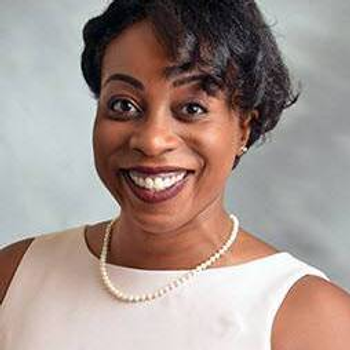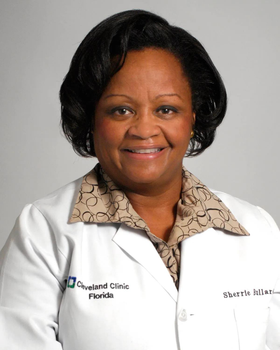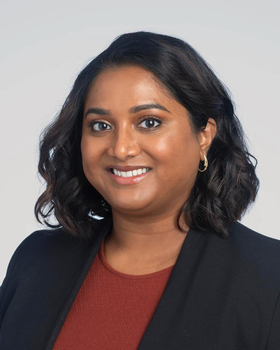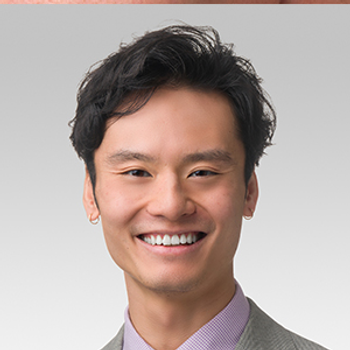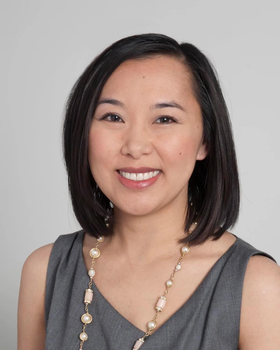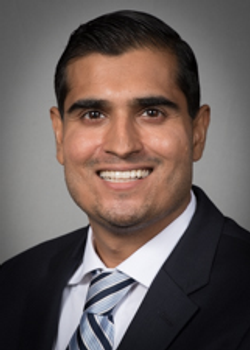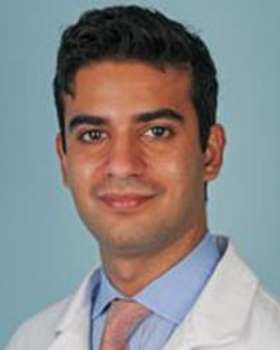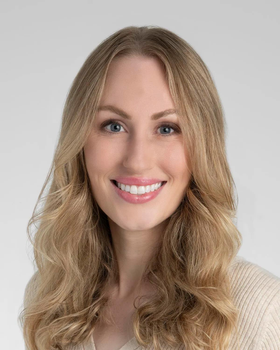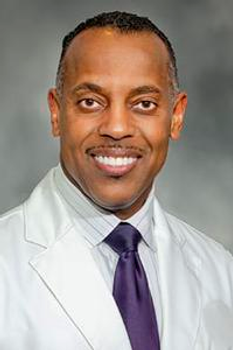MediFind found 1748 doctor with experience in Hirsutism in Women. Of these, 1565 are Experienced, 177 are Advanced and 6 are Distinguished.
Buckhead Dermatology
Sherrie-ann Straughn is a Dermatologist in Atlanta, Georgia. Dr. Straughn is rated as a Distinguished provider by MediFind in the treatment of Hirsutism in Women. Her top areas of expertise are Hirsutism in Women, Lichen Simplex Chronicus, Acanthosis Nigricans, and Contact Dermatitis. Dr. Straughn is currently accepting new patients.
Jeffrey Weinberg is a Dermatologist in Jamaica, New York. Dr. Weinberg is rated as a Distinguished provider by MediFind in the treatment of Hirsutism in Women. His top areas of expertise are Psoriasis, Plaque Psoriasis, Comedones, and Pityriasis Lichenoides.
Wk Dermatology Clinic
Elizabeth Clemons is a Dermatologist in Bossier City, Louisiana. Dr. Clemons is rated as an Advanced provider by MediFind in the treatment of Hirsutism in Women. Her top areas of expertise are Actinic Keratosis, Warts, Tinea Versicolor, and Spirurida Infections. Dr. Clemons is currently accepting new patients.
Wk Dermatology Clinic
Sarah Glorioso is a Dermatologist in Bossier City, Louisiana. Dr. Glorioso is rated as an Advanced provider by MediFind in the treatment of Hirsutism in Women. Her top areas of expertise are Seborrheic Keratosis, Warts, Actinic Keratosis, and Plaque Psoriasis. Dr. Glorioso is currently accepting new patients.
Wk Dermatology Clinic
Sarah Baker is a Dermatologist and a General Surgeon in Bossier City, Louisiana. Dr. Baker is rated as an Advanced provider by MediFind in the treatment of Hirsutism in Women. Her top areas of expertise are Rosacea, Atopic Dermatitis, Actinic Keratosis, and Plaque Psoriasis. Dr. Baker is currently accepting new patients.
Mcv Associated Physicians
Kimberly Salkey is a Dermatologist in Richmond, Virginia. Dr. Salkey is rated as an Advanced provider by MediFind in the treatment of Hirsutism in Women. Her top areas of expertise are Autosomal Recessive Hypotrichosis, Alopecia Areata, Graham-Little-Piccardi-Lassueur Syndrome, and Hirsutism in Women. Dr. Salkey is currently accepting new patients.
Philip Cohen is a Dermatologist in National City, California. Dr. Cohen is rated as a Distinguished provider by MediFind in the treatment of Hirsutism in Women. His top areas of expertise are Seborrheic Keratosis, Pyogenic Granuloma, Basal Cell Skin Cancer, Tissue Biopsy, and Laminectomy.
M D Aesthetics And Dermatology, LLC
Gabriel Diaz is a Dermatologist in Chicago, Illinois. Dr. Diaz is rated as an Advanced provider by MediFind in the treatment of Hirsutism in Women. His top areas of expertise are Malignant Hypertension, Female Pattern Baldness, Pharyngomaxillary Space Abscess, and Epidermoid Cyst.
Kaminska Dermatology, PLLC
Edidiong Kaminska is a Dermatologist in Chicago, Illinois. Dr. Kaminska has been practicing medicine for over 17 years and is rated as an Advanced provider by MediFind in the treatment of Hirsutism in Women. Her top areas of expertise are Melasma, Membranous Nephropathy, Alopecia Areata, and Autosomal Recessive Hypotrichosis.
Coral Springs Family Health And Surgery Center
Sherrie Bullard is a Dermatologist in Parkland, Florida. Dr. Bullard has been practicing medicine for over 39 years and is rated as an Advanced provider by MediFind in the treatment of Hirsutism in Women. Her top areas of expertise are Melanoma, Actinic Keratosis, Familial Atypical Multiple Mole Melanoma Syndrome, and Giant Congenital Melanocytic Nevus.
Skin Of Culture And Hair Center
Nikki Hill is a Dermatologist in Atlanta, Georgia. Dr. Hill has been practicing medicine for over 16 years and is rated as an Advanced provider by MediFind in the treatment of Hirsutism in Women. Her top areas of expertise are Trichorrhexis Nodosa, Malignant Hypertension, Female Pattern Baldness, and Kerion Celsi.
Cleveland Clinic Main Campus
Gowri Kabbur is a Dermatologist in Cleveland, Ohio. Dr. Kabbur has been practicing medicine for over 14 years and is rated as an Advanced provider by MediFind in the treatment of Hirsutism in Women. Her top areas of expertise are Autosomal Recessive Hypotrichosis, Alopecia Areata, Melanoma, and Female Pattern Baldness.
Victor Quan is a Dermatologist in Chicago, Illinois. Dr. Quan has been practicing medicine for over 7 years and is rated as an Advanced provider by MediFind in the treatment of Hirsutism in Women. His top areas of expertise are Familial Atypical Multiple Mole Melanoma Syndrome, Tieche-Jadassohn Nevus, Hirsutism in Women, and Melanoma.
Independence Family Health Center
Pamela Ng is a Dermatologist in Independence, Ohio. Dr. Ng has been practicing medicine for over 30 years and is rated as an Advanced provider by MediFind in the treatment of Hirsutism in Women. Her top areas of expertise are Actinic Keratosis, Psoriasis, Warts, and Kaposiform Hemangioendothelioma.
Northwell Health Physician Partners Dermatology At Lake Success
Raman Madan is a Dermatologist in Lake Success, New York. Dr. Madan is rated as an Advanced provider by MediFind in the treatment of Hirsutism in Women. His top areas of expertise are Melanoma, Autosomal Recessive Hypotrichosis, Familial Atypical Multiple Mole Melanoma Syndrome, and Comedones.
Peach Dermatology PC
Dr. Shaikh earned his medical degree from the State University of New York Downstate Medical Center. He completed his dermatology residency at the University of Pennsylvania, and micrographic dermatologic surgery fellowship at MD Anderson Cancer Center. He is board certified in dermatology and micrographic dermatologic surgery.Dr. Shaikh is an active member of the American Academy of Dermatology (AAD), the American Society of Dermatologic Surgery (ASDS), and the American College of Mohs Surgery (ACMS). Dr. Shaikh has presented at numerous conferences related to skin cancer and reconstructive surgery. He has been published in medical textbooks and multiple medical journals, including the Journal of the American Academy of Dermatology, JAMA Dermatology, Journal of Clinical Oncology, and Journal of the National Cancer Institute. His work has been cited by over 500 medical and scientific publications. Dr. Shaikh is rated as an Advanced provider by MediFind in the treatment of Hirsutism in Women. His top areas of expertise are Melanoma, Comedones, Malignant Hypertension, and Female Pattern Baldness.
Cleveland Clinic Cosmetics & Plastic Surgery Center
Taryn Murray is a Dermatologist in Mayfield Hts, Ohio. Dr. Murray has been practicing medicine for over 13 years and is rated as an Advanced provider by MediFind in the treatment of Hirsutism in Women. Her top areas of expertise are Hirsutism in Women, Liver Spots, Hidradenitis Suppurativa, and Pemphigoid Gestationis.
Pinnacle Dermatology
David Spurlin is a Dermatologist in Birmingham, Michigan. Dr. Spurlin has been practicing medicine for over 33 years and is rated as an Advanced provider by MediFind in the treatment of Hirsutism in Women. His top areas of expertise are Neurocutaneous Melanosis, Giant Congenital Melanocytic Nevus, Giant Congenital Nevus, and Familial Atypical Multiple Mole Melanoma Syndrome. Dr. Spurlin is currently accepting new patients.
Wk Dermatology Clinic
Josephine Futrell is a Dermatologist in Shreveport, Louisiana. Dr. Futrell is rated as an Experienced provider by MediFind in the treatment of Hirsutism in Women. Her top areas of expertise are Actinic Keratosis, Seborrheic Keratosis, Warts, and Rosacea. Dr. Futrell is currently accepting new patients.
Dermatology Inc.
Katherine Hrynewycz is a Dermatologist in Carmel, Indiana. Dr. Hrynewycz is rated as an Experienced provider by MediFind in the treatment of Hirsutism in Women. Her top areas of expertise are Keloids, Basal Cell Skin Cancer, Hirsutism in Women, and Squamous Cell Skin Carcinoma. Dr. Hrynewycz is currently accepting new patients.
Last Updated: 01/09/2026


